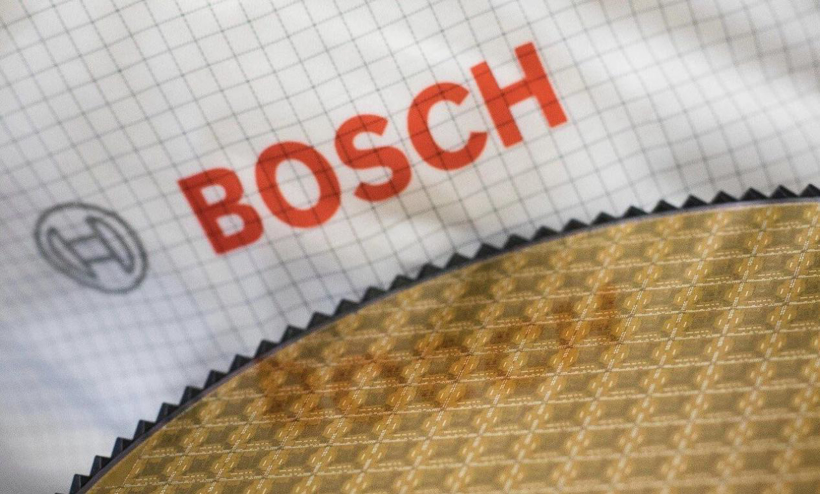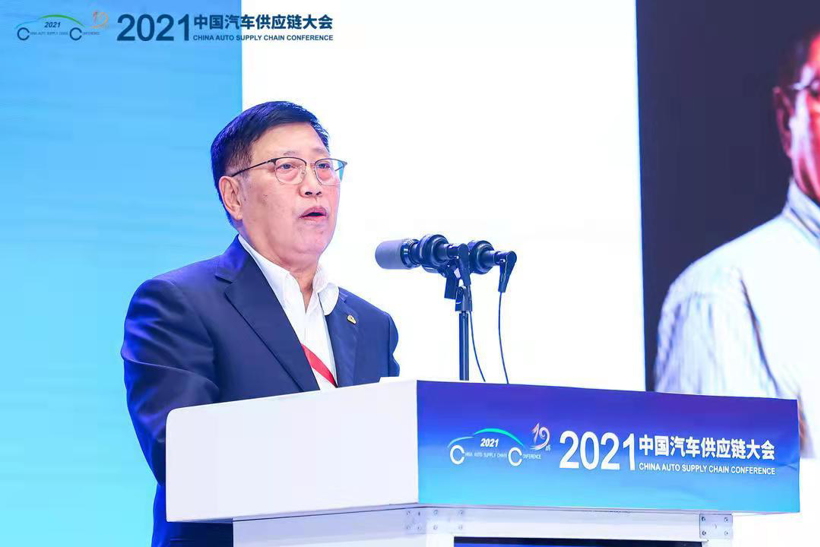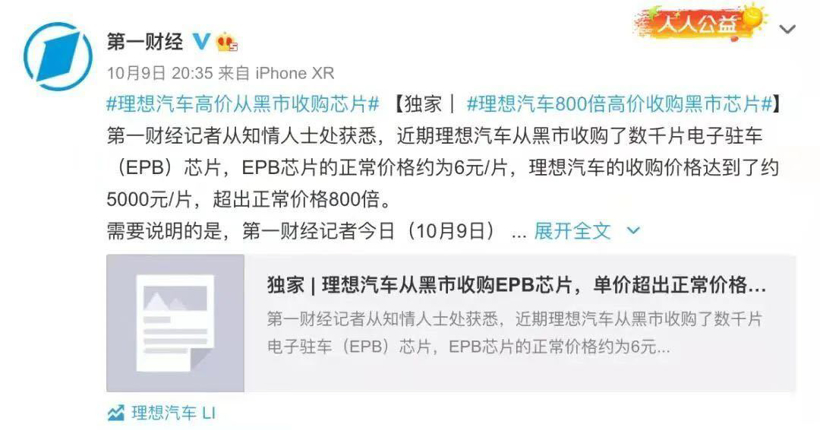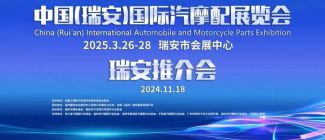Although the packaging factory has resumed work after the epidemic in Southeast Asia has eased, the pain of core shortage has not been alleviated immediately.

"To tell you the truth, I just came back from a business trip in Shanghai last night and went to find the chip. I went there almost every month and stayed there for a week. This time I went out and I felt that the situation was not very optimistic.", Chongqing Yang Dayong, vice president of Changan Automobile Co., Ltd., said frankly at the roundtable forum of the China Supply Chain Conference in 2021 that due to the shortage of chips, Changan Automobile's production, sales and revenue have dropped by about 15% this year.
Yang Dayong said that according to related news, the chip problem will not improve much in the fourth quarter of this year and may continue until the middle of next year. In order to avoid the mid- to long-term impact of the core shortage problem, Changan Automobile has carried out countermeasures, including actively using the same chip. The supplier initiates a dialogue and signs a strategic agreement.
A chip purchaser from a major domestic car company told Phoenix.com that they had just finished their half-month squad at Bosch in order to buy chips.
"In the past, we always asked for goods from chip dealers. Now the urgency of chip shortage makes us have to connect with chip manufacturers." The staff member said that if 10,000 chips are actually needed, they will supply multiple products at the same time to ensure safety. Party submits an order requirement of "10,000 chips". The counterparty is well versed in this routine, and will distribute the supply at a proportional discount based on the number of orders reported.
The lack of core is the real pain point for auto companies, and the false high of market orders is true. The core shortage anxiety under black-box transactions is being used as a footnote by the embarrassing shrinkage of production capacity, sales, and revenue that are common in auto companies.
The distant water does not quench the near thirst
According to Yonhap News Agency, data released by the Korea Automobile Manufacturers Association on October 17 show that in the third quarter of this year, domestic automakers produced a total of 761,1975 vehicles, a decrease of 20.9% from the same period last year, a record low in the past 13 years.

According to the latest data from Alix Partners Consulting Company, affected by the shortage of chips, it is expected that global automakers will reduce production of 7.7 million vehicles this year. Due to the shortage of chips, Tier 1 was unable to produce parts, which eventually led to the failure of the entire vehicle to go offline. In recent days, new leading auto companies such as Ideal and Weilai have lowered their third-quarter delivery expectations.
Due to insufficient supply in the Chinese market, sales in the Chinese new car market fell 19.6% in September, the largest since this year.
Chen Bin, executive vice president of the China Machinery Industry Federation, said that from May to September this year, China’s automobile industry has seen a year-on-year decline in production and sales for five consecutive months. Due to insufficient attention to chips in the automotive supply chain in the past, its shortage has a huge impact on China's automotive production and sales. This is a concentrated manifestation of the ecological fragility of the automotive supply chain and even the supply chain of China's manufacturing industry.
Many people in the manufacturing industry believe that the machinery industry does not pay enough attention to special production equipment, special production lines, and special testing equipment, and focuses on major technical equipment and general equipment. As a result, the key equipment required by the production line of the enterprise is almost entirely dependent on imports, which is reflected in the automotive field. Especially prominent.
At the same time, many people in the machinery industry feel aggrieved. They have worked very hard and made great progress, and have the sincerity to provide services. However, customers do not cooperate and do not want to adopt them. They only trust and rely on imported equipment.
Some people in the manufacturing industry also reported that the electronic information industry does not pay much attention to the manufacturing of basic components and the research and development of basic industrial software. Almost all high-end basic components and development software are imported.

The electronic information industry believes that these products are already globalized products. Even if they are successfully developed at a huge cost, no one may be willing to adopt new products, but purchase mature products in the international market. The input-output ratio of innovative companies is too low, so it is still difficult to break the game.
Some supply chain experts said that at present, only 50% of the chip demand of car companies is met. As early as July this year, this data was even more cramped, at 20%.
Talking about the shortage of chips, some people in the industry said that there is no better solution in the short term. At present, what auto companies can do is to actively scan the goods, and ideal cars are their representatives.
Not long ago, the media revealed that due to production panic, Ideal Auto was scanning the black market at a price that was more than 800 times higher. A chip with a market price of a few yuan was eventually sold for 5,000 yuan, but it was subsequently denied by Ideal Auto.
Some people in the industry told Phoenix.com that the transaction price on the Internet has added moisture, and the actual sweep purchase price of an ideal car is about 3000-4000 yuan per chip. However, this also confirms the fact that the price of chips has doubled wildly.
According to the data disclosed by the State Administration of Market Supervision, the price increase rate of some car chips is as high as 4543%.
Solution
It is reported that in the previous round of "core shortage" disasters, Bosch ESP was the most affected. The reason for the discontinuation was that STMicroelectronics, the exclusive supplier of Bosch, halted production due to the worsening of the epidemic in Malaysia.
ESP, as a standard component of economical and above models, has an assembly ratio of up to 90%. According to industry insiders, Geely stated in a letter to the Malaysian government that FAW Toyota and GAC Toyota have already produced production at the most difficult moment of the chip shortage, and some models of Volkswagen, Changan, Great Wall and Geely have also been discontinued."
"The bosses of auto companies all go to Bosch, forcing Bosch bosses to want to jump off the building" is a joke in the domestic auto industry, but it can vividly reflect the current shortage of cores and the general disadvantages of domestic auto companies. Car companies are eager to compete for more resources, but "the landlord's family has no surplus."
In response to the supply of chips in Malaysia after the epidemic has improved, Denner, chairman of the German Bosch Group, said that even if the production is re-launched, there will still be a time gap because the chip lead time is very long. In the first few months of production recovery, the semiconductor supply chain will still experience major turbulence.
Luo Junmin, deputy secretary-general of the China Association of Automobile Manufacturers, said that the current "shortcomings" and "breakpoints" of the "lack of cores and souls" in China's automotive supply chain are more prominent. At present, China's auto chip localization rate is less than 5%, and MCU and other core chips are still almost entirely dependent on imports. The basic software solutions for vehicle operating systems have not yet reached a consensus, and a joint effort has not been formed, and a nationwide effort is urgently needed.
Statistics show that the lack of core is forcing the growth of domestic chips. In 2020, there will be 22,800 new chip companies in China, an increase of close to 200%. However, due to the high cost and the incomparable quality of imports, domestic car companies are generally reluctant to choose domestic chips. Xu Haidong, deputy chief engineer of the China Association of Automobile Manufacturers, told Phoenix.com that the future "first set of insurance", that is, the auto chip insurance protection mechanism, can share the upstream and downstream risks of the industry chain and clear the bottleneck through financial insurance means, or it can break the deadlock.
Entering the "14th Five-Year Plan" period, China's automobile industry has reached the moment of re-examining the stability of the entire industrial chain and supply chain, and needs to take advantage of the opportunity of reshaping the industrial structure.
"There was a saying in the past that the main thing is that you can endure loneliness for two decades. Compared with the whole vehicle, the development of parts and components requires firm strategic determination and long-term strategic determination, and more needs entrepreneurial feelings", said Luo Junmin , Tolerate the bench cold can only win the reinforcement chain.
Horizon President Chen Liming said that the Chinese auto market has become a global arena for high-performance smart chips. Centralization through computing is also the current solution to the lack of cores. In addition to increasing production capacity, integration can reduce the application of chips, which is also the ultimate solution to the problem of core shortages to some extent.
Currently, Horizon has released three chips to the market. They are the first Journey 2, 2020 Journey 3, and Journey 5 first released in July this year. Journey 6 is currently under pre-study.
It is worth mentioning that Horizon’s first Journey 2 chip will be mass-produced by Changan Automobile's UNI-T in 2020. At present, Dipingxin has reached in-depth front-end cooperation with 14 OEMs. A total of more than 40 projects are under development. From the mass production of the first chip to the current cumulative shipments of more than 500,000 chips, they are still being shipped.
This message undoubtedly reveals the intention of domestic OEMs to choose domestic chips and their willingness to cooperate in the process of transformation. This may be the beginning of a turnaround for the Chinese automotive supply chain.
Notice on Holding the Rui'an Promotion Conference for the 2025 China (Rui'an) International Automobile and Motorcycle Parts Exhibition
On September 5th, we invite you to join us at the Wenzhou Auto Parts Exhibition on a journey to trace the origin of the Auto Parts City, as per the invitation from the purchaser!
Hot Booking | AAPEX 2024- Professional Exhibition Channel for Entering the North American Auto Parts Market
The wind is just right, Qianchuan Hui! Looking forward to working with you at the 2024 Wenzhou Auto Parts Exhibition and composing a new chapter!
Live up to Shaohua | Wenzhou Auto Parts Exhibition, these wonderful moments are worth remembering!
Bridgestone exits Russia and sells assets to S8 Capital
Free support line!
Email Support!
Working Days/Hours!





